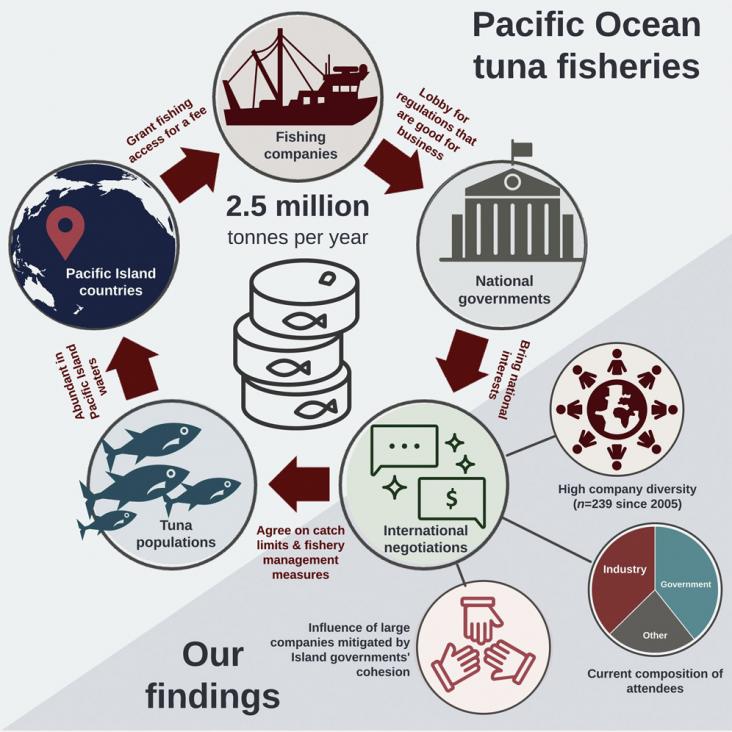We observe the link between Artificial Intelligence (AI) and Sustainable Development Goals (SDGs). We use automated methodologies to find insights and overlaps between AI and the SDGs. AI-Ethics frameworks need to give more attention to Society and Environment areas. Inclusive action is needed to balance the efforts for solving SDGs by using AI.SDGs 13, 14, and 15 (all related to the Environment area) are not sufficiently addressed.

This article focuses on a key industry in ocean governance - tuna fishery - to examine how companies and governments relationship in international fishery negotiations can influence the governance of tuna fishery industry.
Indigenous agricultural knowledge is observed as an important national human capital to improve crop productivity and enhance sustainable agricultural development.
Electromobility is the future main system for Swedish road transport that encourage sustainable urban transportation. However, emission impacts of applying electric vehicles (EVs) are currently controversial. This study evaluates and compares internal combustion engine vehicles (ICEVs) refer to both petrol and diesel-based engines and BEVs, focusing on environmental and energy impacts.
Valuable chemicals can be produced from agricultural apple fruit waste, which needs to be well managed and has the potential to improve sustainability. This article uses a low-cost catalyst to enhance the efficiency of chemical production from apple fruit waste. This work contributes to affordable energy production, economic growth and CO2 emissions reduction, which are related to SDG 7, 8 &13, respectively.
This Article supports SDG 8,9 and 10, by examining the direct relation between economic inequity and burden of disease due to air pollution in India considering time trends from 2011-2019.
This paper supports SDG3 with evidence of high burnout, despite high resilience, in a sample of physicians working in emergency departments of teaching hospitals in the Caribbean.
This paper looks into the economic participation for people with a disability in the labour market to better understanding of how job satisfaction influences employment.
This article introduces the concept of blue economy and how such a framework can help to improve sustainable development of oceans.
This Article supports SDGs 5, 8, and 10 by investigating the prevalence of workplace sexual harassment and violence by demographic factors and work sectors among Icelandic women, providing nuanced targets for prevention and for public policies aimed at promoting women’s safety in the work environment.
